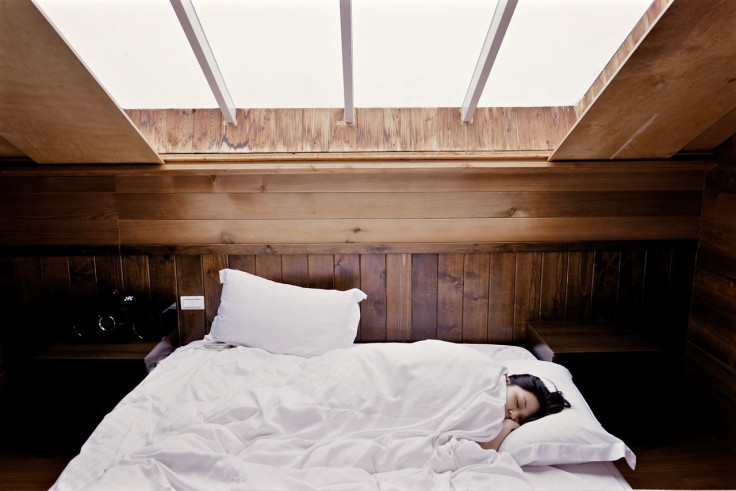Does Genetic Mutation Play A Role In The Duration Of Our Sleep?

The secret to a healthy night’s sleep seems to lie in your genes.
But there a few people that seem to get by on a few hours of sleep a night. Jay Leno, former host of "The Tonight Show," is known to sleep for only five hours a night. Sergio Marchionne, CEO of Fiat, gets by on only four hours of sleep a night. Martha Stewart sleeps for only three to four hours, as did the late great Thomas Edison.
You ask, how can these busy people thrive on such short sleep times? It’s probably a habit and a choice. But a new study now says that if you sleep less, your genes might have something to do with it.
Researchers at the University of California (UC) found a mutation in a gene called “ADRB1” contributes to short sleep.
Experiments carried out by the team led by Ying-Hui Fu, a professor at UC’s Department of Neurology, analyzed the genes of 12 members of a family that slept as little as 4.5 hours a night without feeling tired. The research team eventually found this family had a mutation of ADRB1.
“We all spend about one-third of our lives in the state of sleep,” Prof. Fu said. “In fact, considering how important sleep is to our well-being, it’s astonishing that we know so little about how sleep is regulated.”
In their study, the team bred rats with the same ADRB1 mutation. The rats slept about 55 minutes less per day. This correlated with altered activity in a brain region called the dorsal pons, known to regulate sleep.
In normal rats, ADRB1-expressing brain cells were found to be inactive during most sleep stages, but active when they were awake. In the mutant rats, these cells were even more active during waking hours.
Researchers also found they could wake-up sleeping rats by artificially activating the ADRB1-expressing brain cells.
These intriguing results suggested ADRB1-expressing brain cells promote wakefulness. It also suggested variations in the ADRB1 gene influences how long we can stay awake each day, Prof. Fu explained. Her team previously found mutations in other genes like DEC2 also make people sleep less.
Surprisingly, these mutations don’t seem to be associated with any negative health consequences.
“Most natural short sleepers are very happy about their sleep pattern -- they usually fully take advantage of their extra time,” Prof. Fu pointed.
Researchers surmised the ADRB1 and DEC2 mutations emerged only recently in human history and haven’t had time to spread more widely.
“The 8-hour norm has been the standard for a long time, but somehow a few new mutations occurred recently and produced this seemingly advantageous trait,” Prof. Fu added.




























